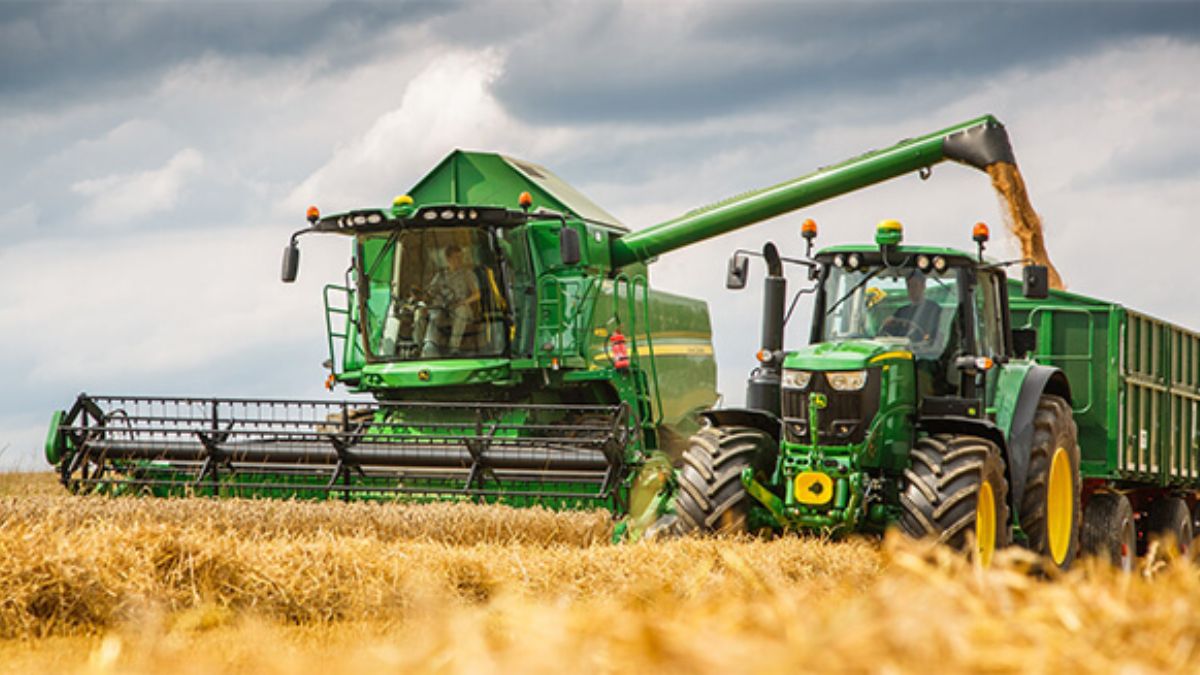Agriculture Machinery in Pakistan, plays a vital role in Pakistan’s economy, contributing around 19% to the country’s GDP and employing nearly 38% of the labor force. In recent years, the introduction and adoption of modern agriculture machinery have transformed farming practices across the country, enhancing productivity and efficiency.
The Evolution of Agricultural Machinery in Pakistan
Traditionally, Pakistani farmers relied on manual labor and animal-driven tools, which limited the scale and efficiency of agricultural operations. However, the past few decades have witnessed significant advancements in agricultural technology. Tractors, combine harvesters, seed drills, and irrigation equipment have become increasingly accessible, even for small and medium-sized farms.
READ MORE: Gold Prices Today | Current Market Rate
Government initiatives and private sector investments have played a key role in promoting mechanization. Subsidies on tractors and machinery, coupled with easy financing options, have encouraged farmers to upgrade their equipment. Additionally, agricultural machinery dealerships and service centers have expanded across rural areas, providing maintenance and technical support.
Read More: Agriculture Slows, Industry and Services Drive FY25 Growth
Innovations Driving Productivity
Innovations in agriculture machinery are not just about replacing manual labor; they introduce precision, speed, and reliability. For example:
- Tractors: Modern tractors equipped with GPS technology help farmers plow, sow, and fertilize fields with greater precision, reducing waste and improving yields.
- Combine Harvesters: These machines efficiently harvest crops like wheat and rice, significantly reducing the time and labor required.
- Seed Drills: By ensuring uniform seed distribution and proper depth, seed drills enhance germination rates and crop health.
- Irrigation Systems: Automated drip and sprinkler irrigation systems optimize water use, crucial in a water-scarce country like Pakistan.
Furthermore, emerging technologies like drone-based crop monitoring and smart sensors are gradually making their way into the agricultural landscape, promising better crop management and disease control.
Impact on Agricultural Productivity
The mechanization of farming in Pakistan has led to remarkable improvements in productivity and profitability. Farms that adopt modern machinery experience faster land preparation, timely sowing, and efficient harvesting, which directly translate to higher crop yields. Mechanization also reduces post-harvest losses by enabling quicker processing.
Moreover, the use of machinery reduces dependence on seasonal labor, addressing labor shortages during peak farming periods. This shift also improves the working conditions for farmers, reducing the physical strain associated with traditional farming methods.
Read More: Engro Suspends EnVen Operations for Four Days Over Technical Repairs
Challenges and Future Prospects
Despite these advancements, challenges remain. Smallholder farmers still face barriers such as high upfront costs, lack of technical know-how, and limited access to repair services. Addressing these issues through targeted training programs and improved rural infrastructure is essential for widespread mechanization.
Looking ahead, the future of agriculture machinery in Pakistan looks promising. Increased investment in research and development, along with government policies favoring innovation, will accelerate the adoption of advanced technologies. Sustainable farming practices, supported by smart machinery, can help Pakistan meet its food security goals while conserving resources.
Conclusion
The integration of modern agricultural machinery in Pakistan is revolutionizing the farming sector by boosting productivity, reducing labor dependency, and enhancing profitability. Embracing innovative technologies and overcoming existing challenges will be key to sustaining this growth and ensuring a prosperous future for Pakistani agriculture. Stay updated with: Bloom Pakistan
Read More: NEC Approves Rs4.2 Trillion Development Budget, Sets FY26 Growth Target









